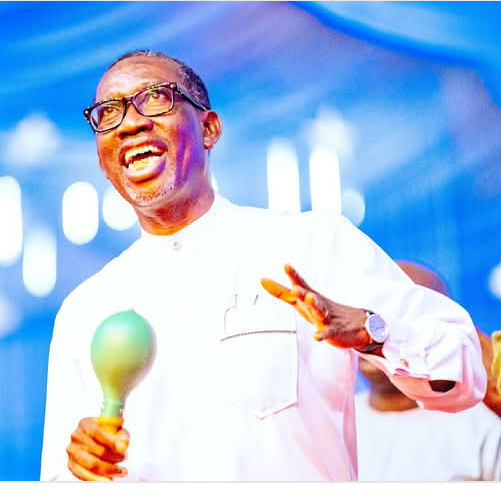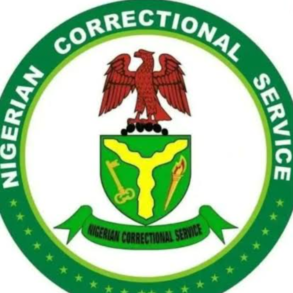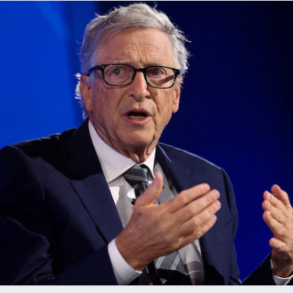Former Governor of Jigawa State, Alhaji Sule Lamido, has accused President Bola Tinubu’s administration of weaponizing state institutions against political opponents and undermining Nigeria’s democratic principles.
Speaking to journalists at his office in Kano on Tuesday, Lamido alleged that the President is using federal agencies to intimidate opposition politicians into defecting to the ruling All Progressives Congress (APC). He cited the case of former Delta State Governor and PDP vice-presidential candidate, Dr. Ifeanyi Okowa, who he claimed had corruption charges involving N1.3 trillion dropped after joining the APC.
“Today, Tinubu is using state institutions to crush the opposition through intimidation, blackmail, harassment, and government patronage. A clear example is Okowa, who was the PDP vice presidential candidate. He suddenly faced charges of 1.3 trillion naira from the EFCC, and after joining the APC, those charges disappeared,” Lamido alleged.
He likened the development to previous comments by former APC National Chairman Adams Oshiomhole, who had remarked that joining the APC is tantamount to receiving political amnesty regardless of past infractions.
“It is just like Oshiomhole said, no matter your crime, once you join the APC, you will be forgiven. That is why people who feel guilty are joining the APC. This is a serious danger to our democracy,” Lamido added.
The former minister and PDP stalwart expressed concern over growing fear among opposition politicians, which he said is sparking conversations about forming new political coalitions. However, he distanced himself from the ongoing coalition talks involving figures like Atiku Abubakar, Peter Obi, and Nasir El-Rufai, arguing that they lack institutional backing.
“The coalition we had in 2014 was organic. There were established structures like CPC under Buhari, ACN under Tinubu, ANPP under governors, and even PDP members like the President, Speaker, and governors who joined the alliance. Today, what we see is just a gathering of individuals, not political institutions,” he noted.
Lamido’s remarks come amid heightened political realignments and growing tension over perceived partisan use of state apparatuses. Neither the APC nor the EFCC has responded publicly to the allegations at the time of this report.
Cr: Reuben Abati








